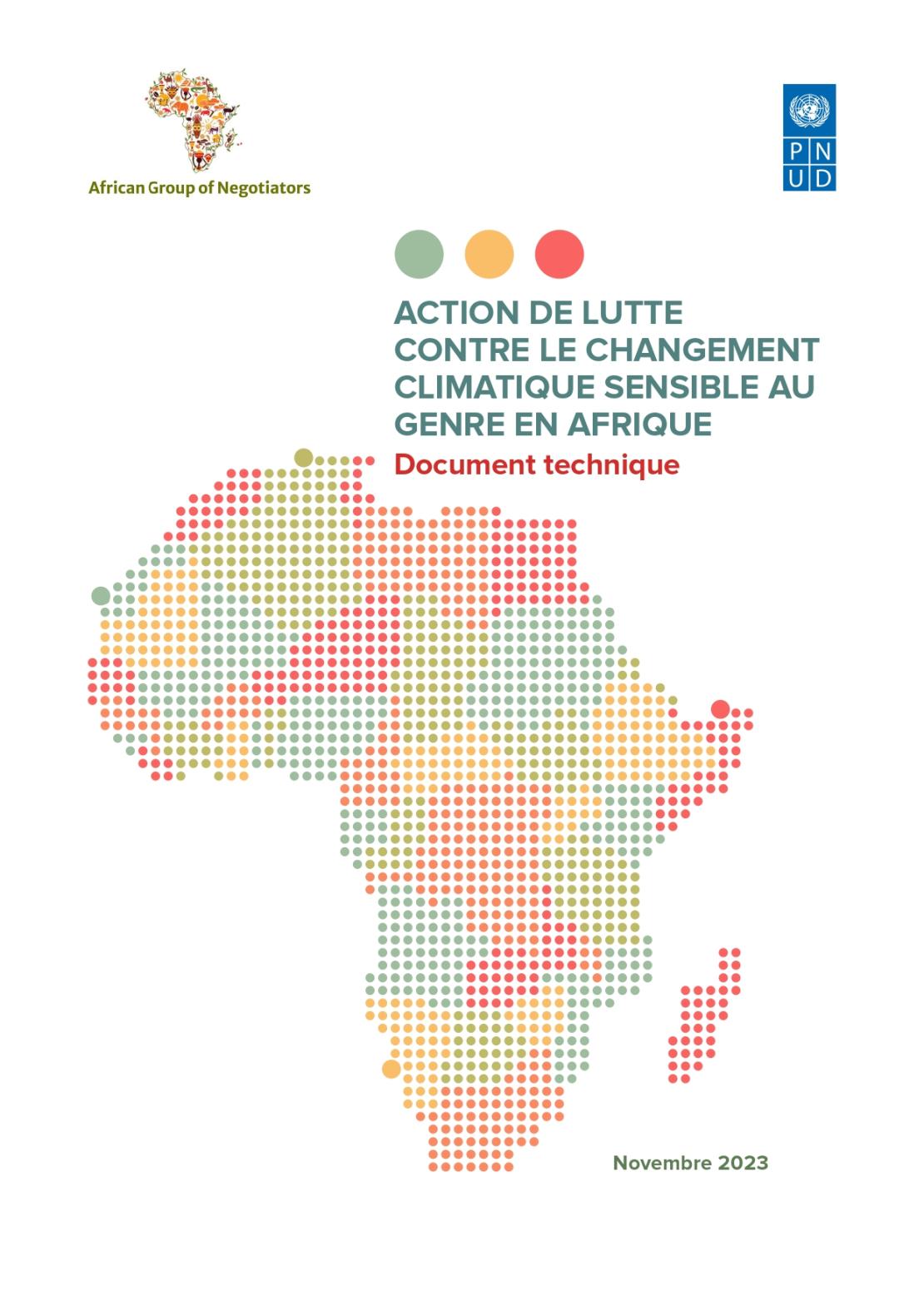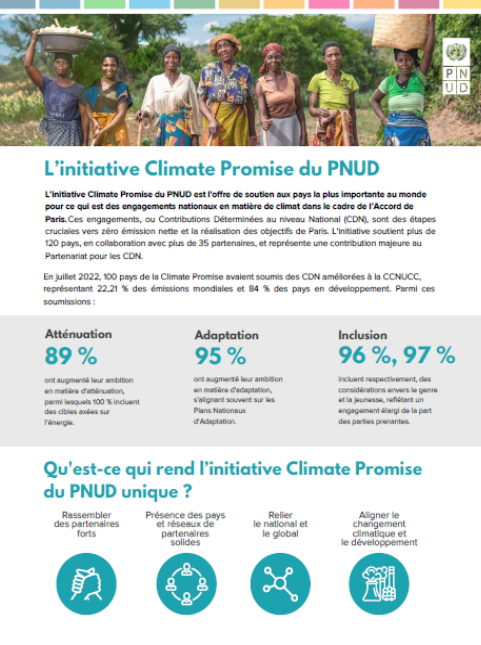Trinidad and Tobago Gender Analysis
As a Small Island Developing State (SIDS), Trinidad and Tobago is highly vulnerable to the potential impacts of climate change. Temperature increases, changes in precipitation, and ultimately sea level rise all heighten the country’s vulnerability to climate shocks such as flooding, increased frequency and intensity of tropical storms, loss of coastal habitats, and hillside erosion. Within this context, existing socio-economic conditions among the population mean that climate disasters can lead to different outcomes for demographically similar communities– but inevitably the most vulnerable groups will suffer the most. For demographic groups, such as women, who have less secure economic standing than men, disasters increase the risk of reinforcing, perpetuating, and increasing existing gender inequalities.
Trinidad and Tobago undertook a Gender Analysis to analyze the local context to identify gender issues and opportunities that will support the mainstreaming of gender into climate action. Specifically, the Gender Analysis identified gaps in policy, planning frameworks, and governance mechanisms for incorporating gender equality considerations in climate change mitigation initiatives and also explored the enabling factors and opportunities for addressing these gaps. The Gender Analysis provides recommendations to support a gender-responsive NDC implementation and has informed Trinidad and Tobago’s NDC Gender Action Plan (GAP).

